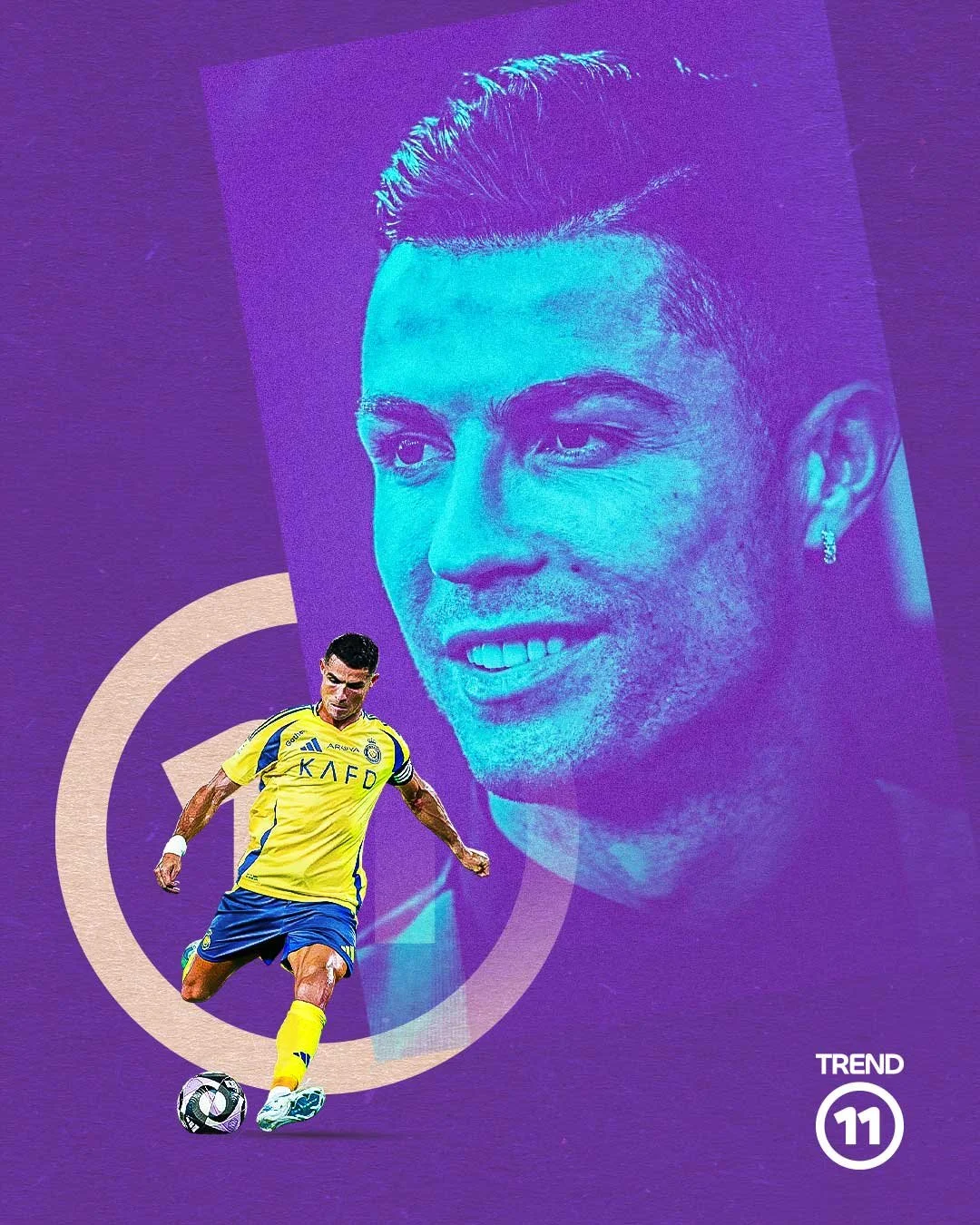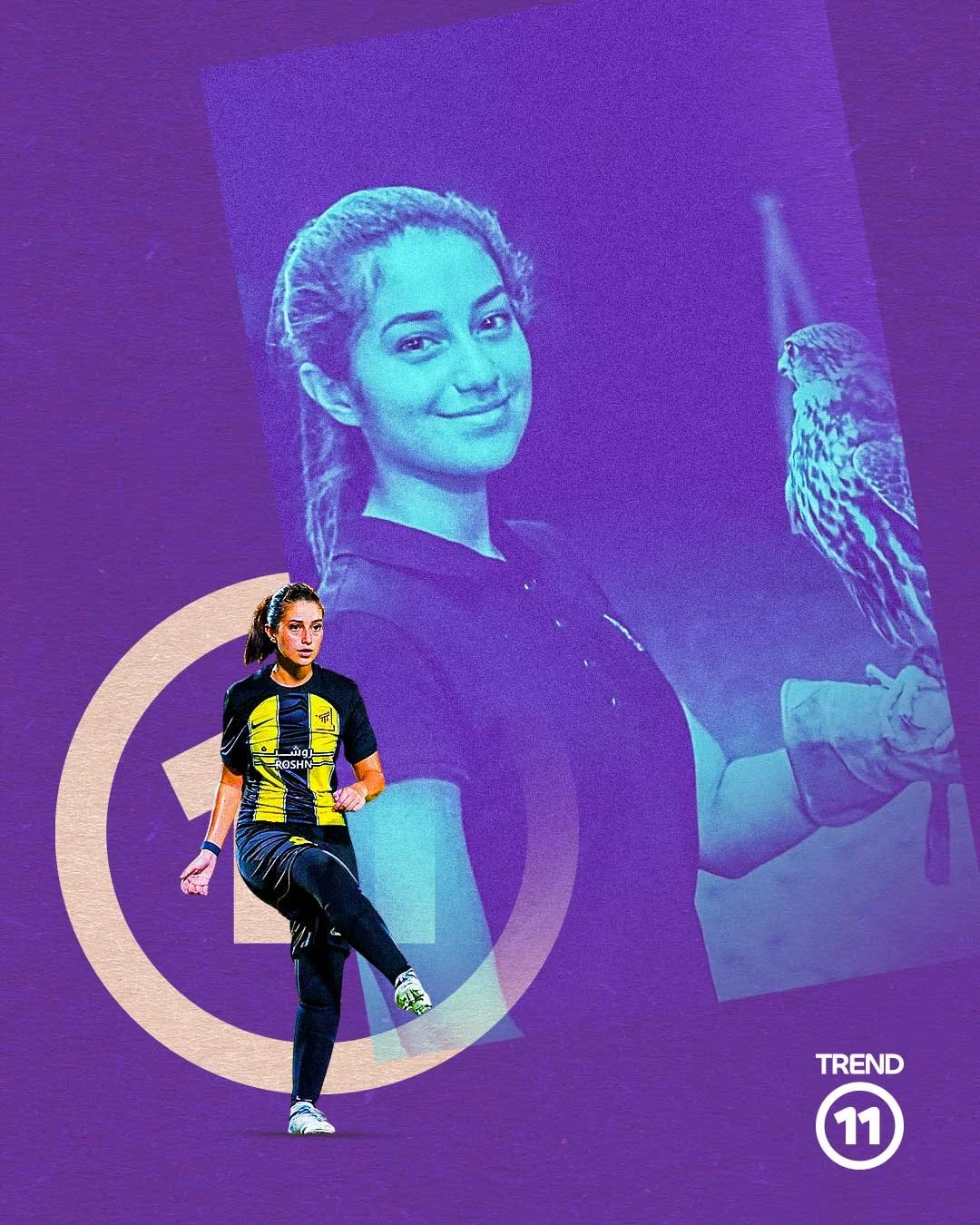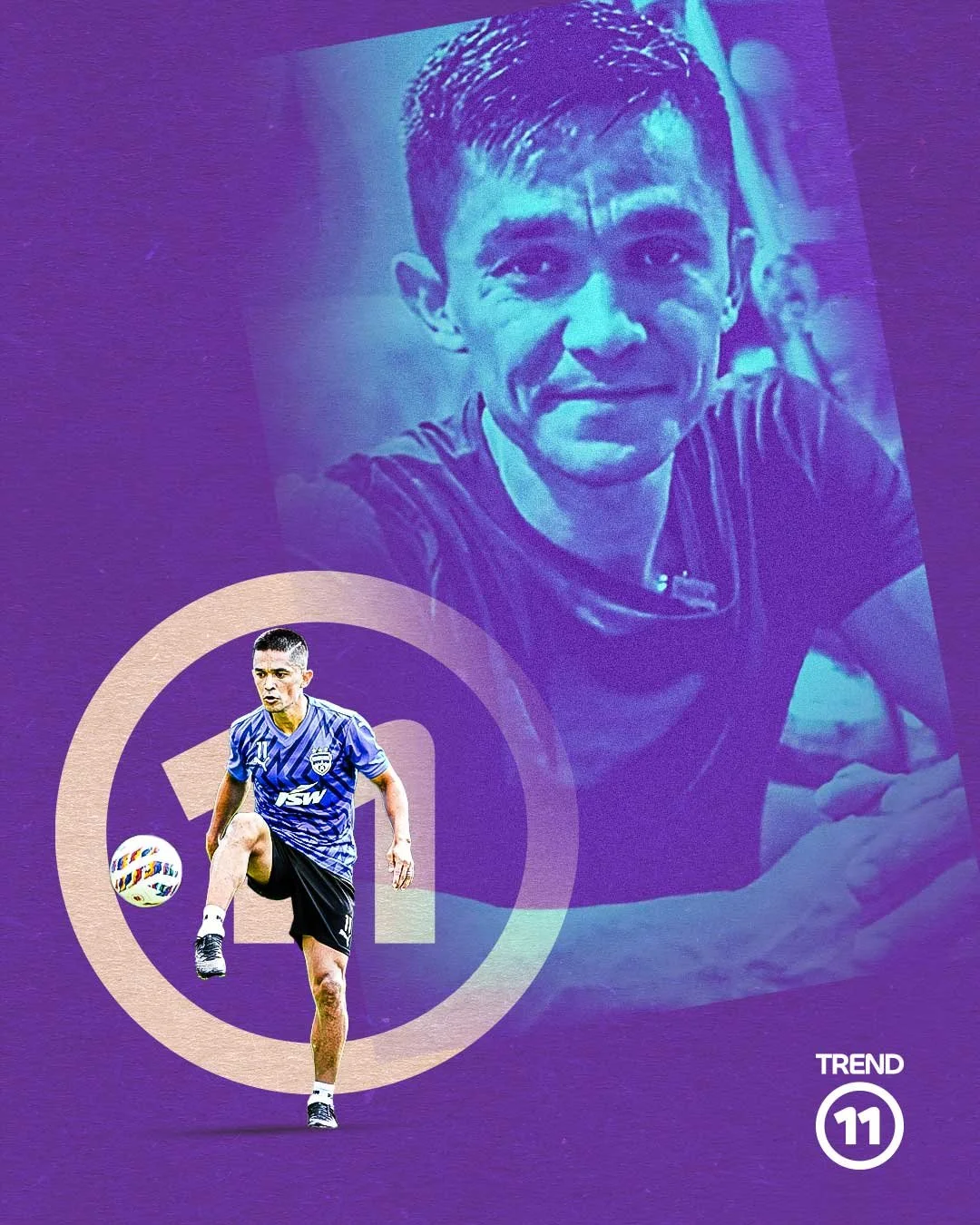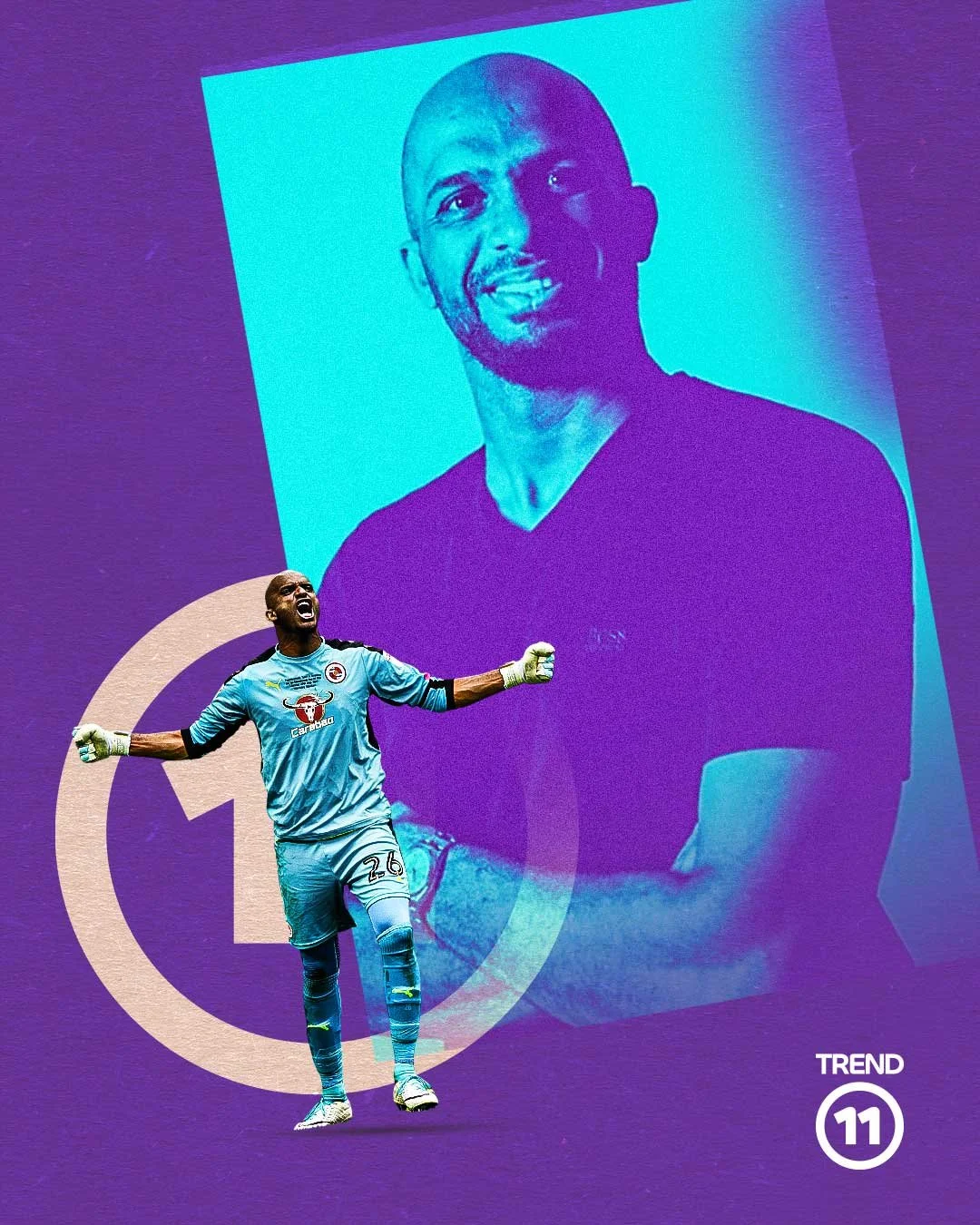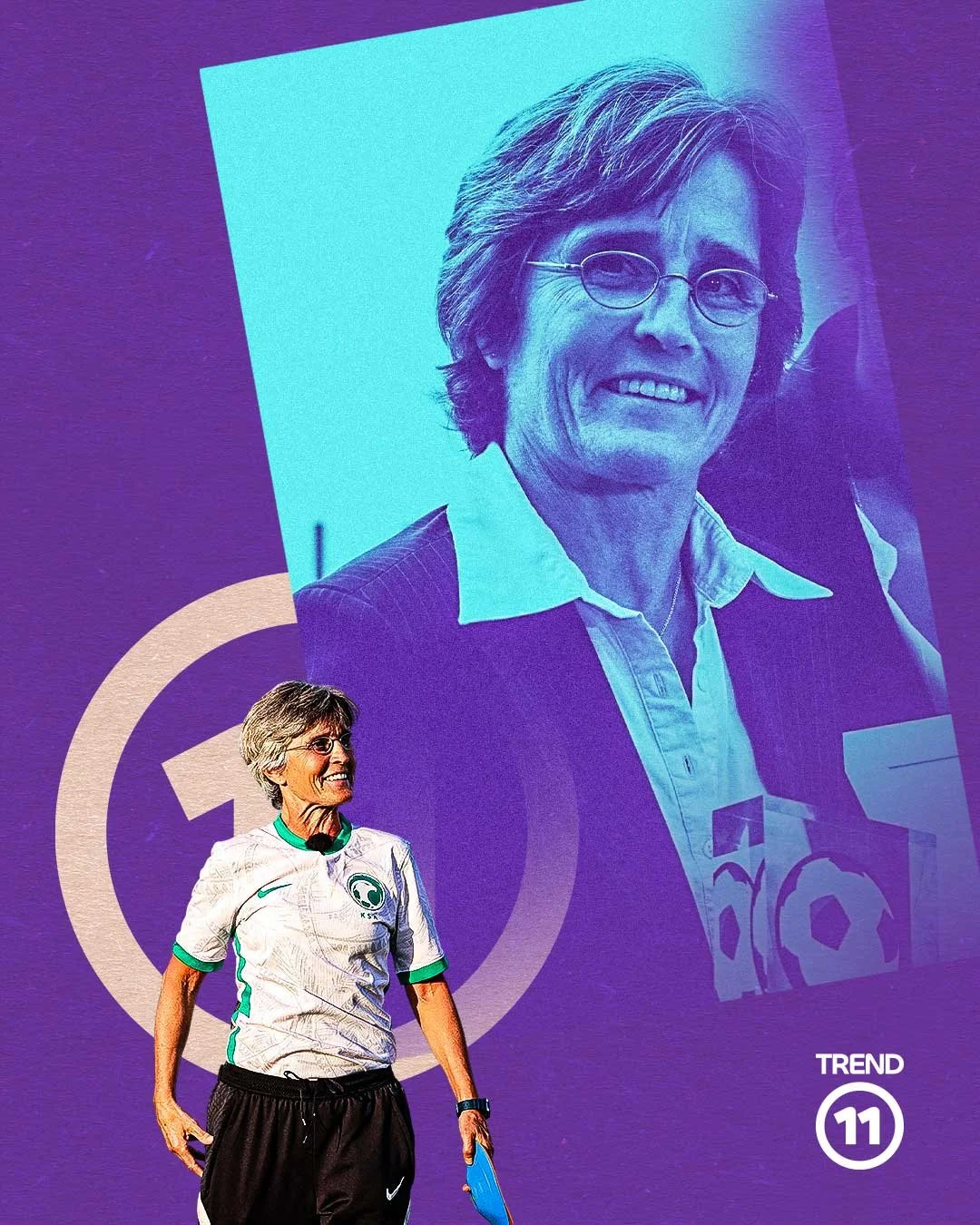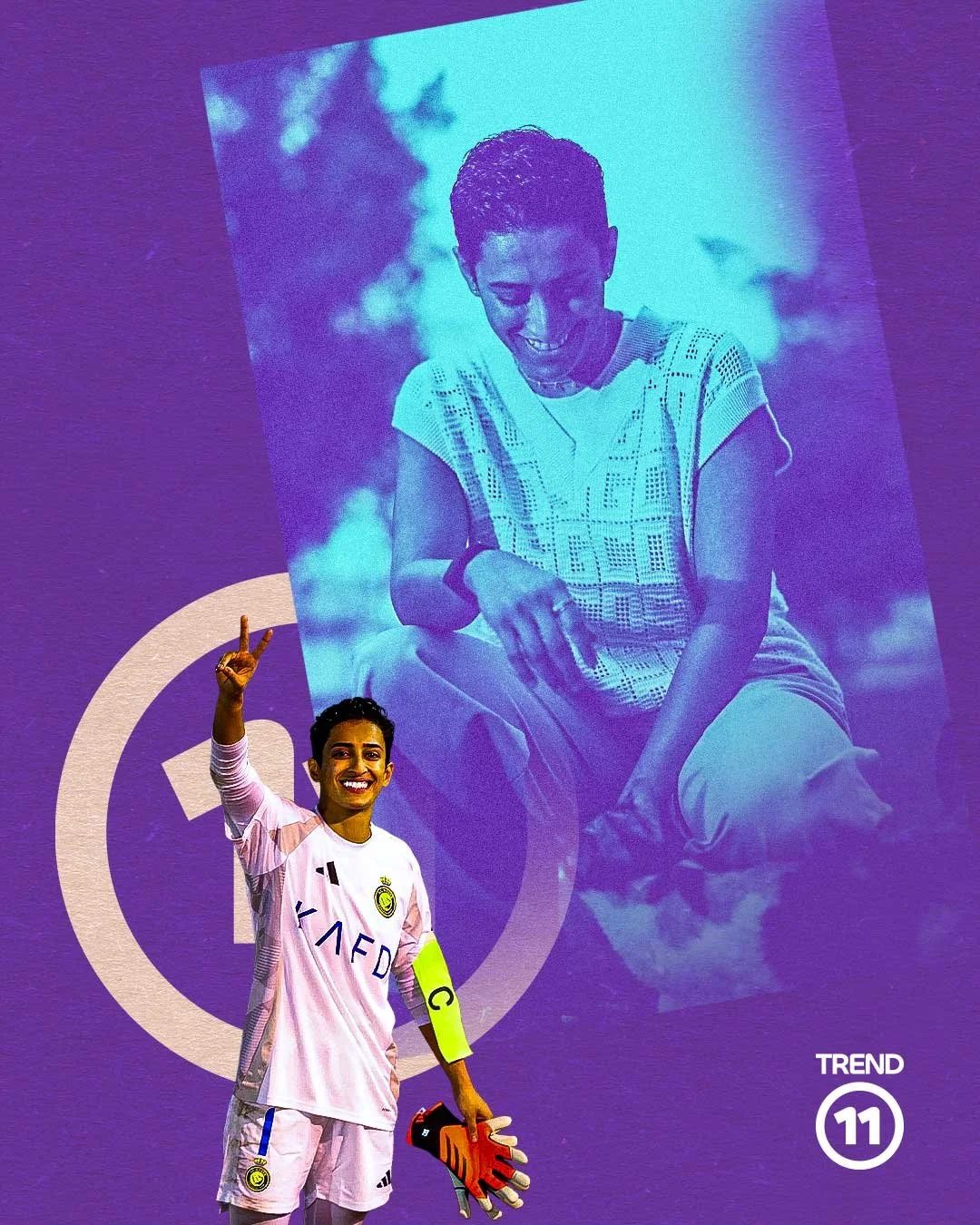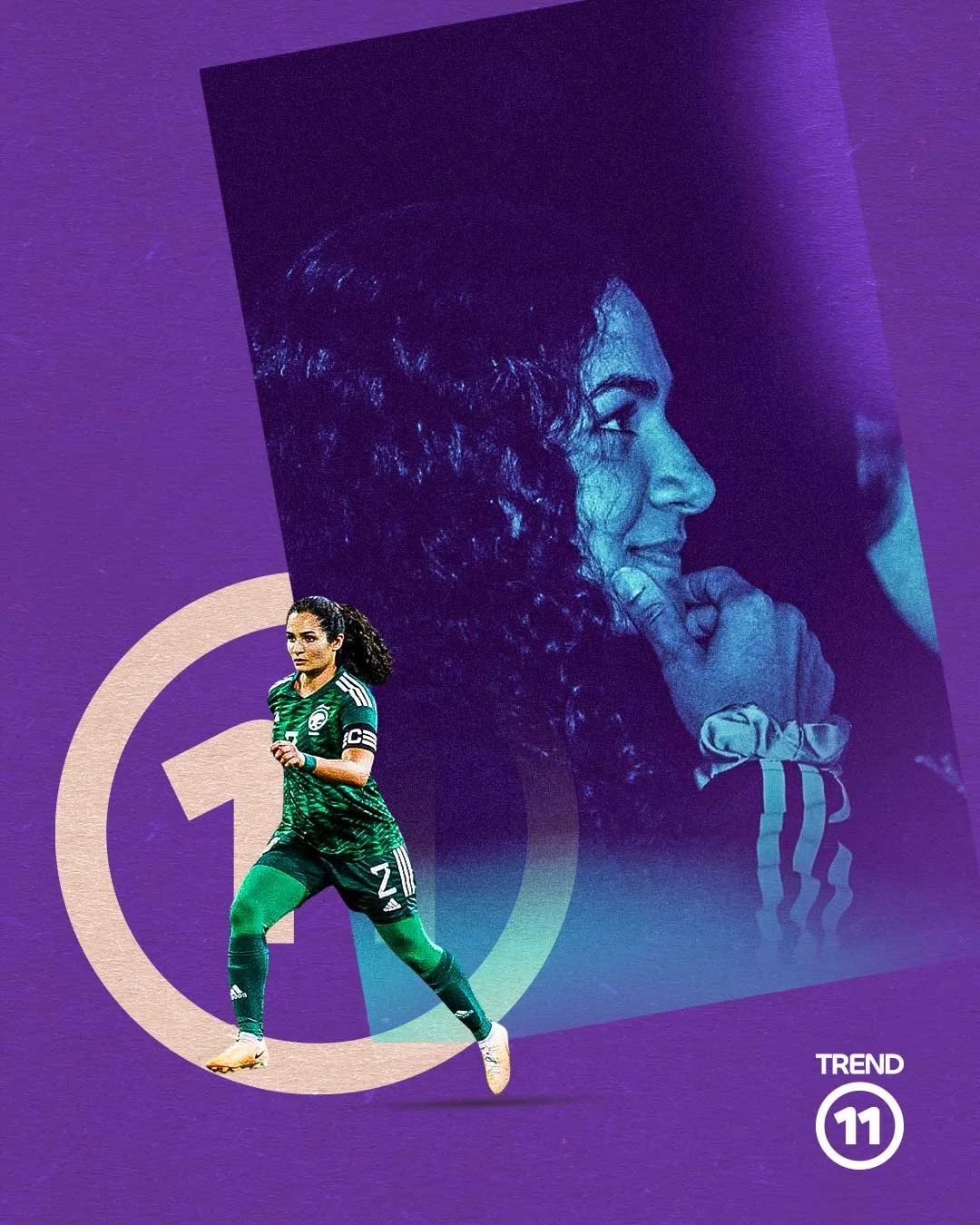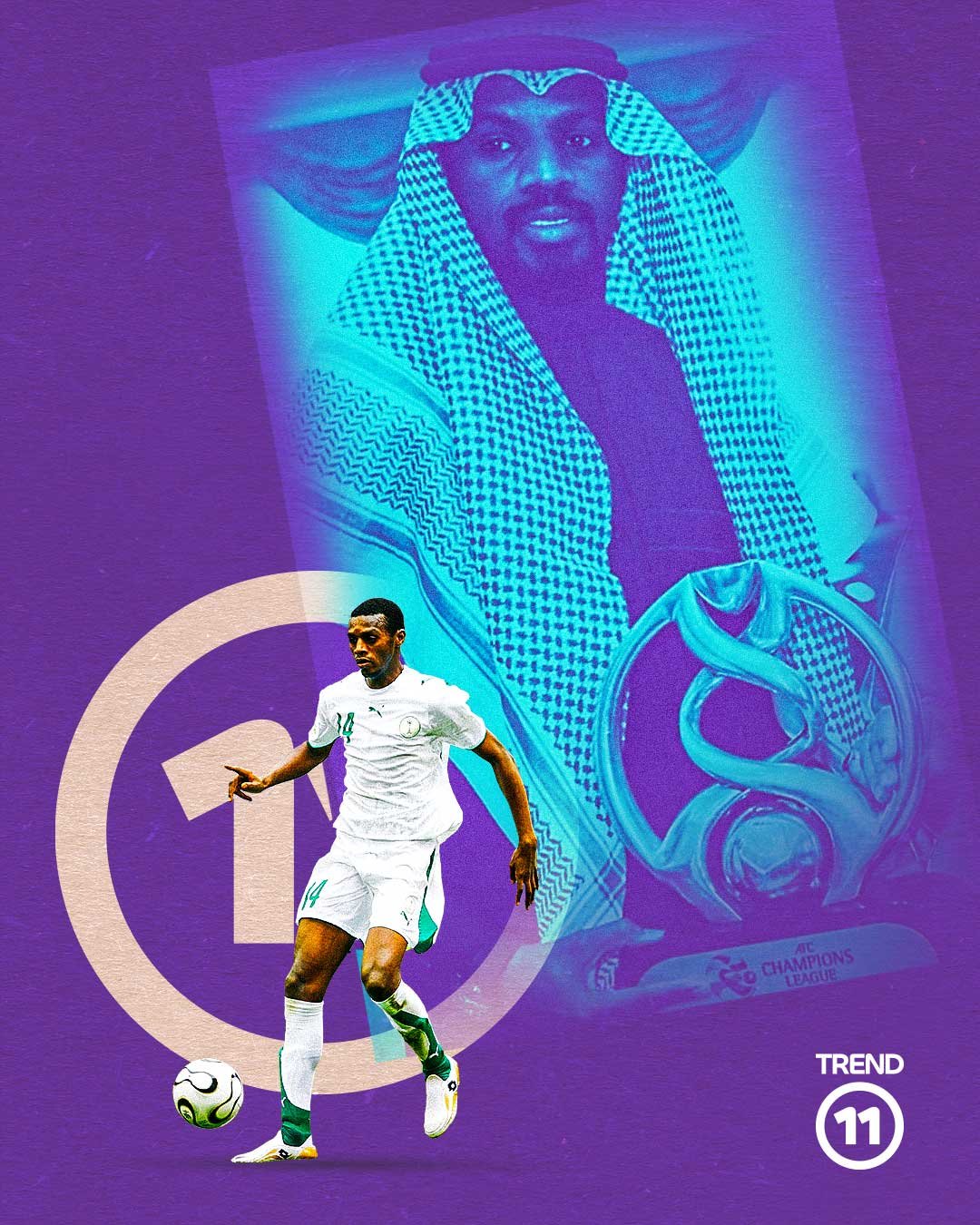YOUNIS MAHMOUD
Iraq’s Glorious Captain, ‘The Merciful Assassin’
Iraqi football has produced numerous legends throughout its rich history. However, a select few stand out due to their multifaceted roles both on and off the pitch, none more so than the formidable Younis Mahmoud.
From the outset, Mahmoud set a clear path for himself, characterised by commitment and sacrifice. His dedication led him to achieve the pinnacle of success and earn the respect of all. Yet, he never forgot his humanitarian responsibilities towards Iraq.
Mahmoud left an indelible mark on every team he represented, starting from the third-division Al-Debs to the prestigious Al-Talaba. His talent quickly caught the eye of national team coaches, and at the tender age of 19, he made his debut for the senior team under Adnan Hamad.
Mahmoud's journey was inspiring from the beginning until its zenith when he played a pivotal role in securing Iraq's 2007 Asian Cup victory. This was the crowning achievement of his career, thanks to his leadership both on and off the field, as well as his decisive goal in the final against Saudi Arabia.
Recognizing his significant contributions at the national, regional, and continental levels, as well as his humanitarian efforts and unwavering commitment to his community, Mahmoud was selected for the Champions of Progress edition of TREND 11, presented by NEOM, the global partner of the Asian Football Confederation.
A Continental Champion Born from Adversity
Mahmoud grew up in the oil-rich district of Debs in Kirkuk, amidst stunning natural beauty, following his birth in 1983. His father, a policeman, shared his son's passion for football.
Mahmoud's sporting journey began with basketball before he transitioned to football, where he excelled in the youth ranks of the third-division club Al-Debs in 1997.
Two years later, he joined first-division club Kirkuk, where he emerged as the league's top scorer with 19 goals, securing the team's promotion to the Premier League. His ambitions soared, and he joined the historic Al-Talaba club in the 2001-2002 season, winning both the league and the cup.
Mahmoud moved to the UAE's Al-Wahda on loan in 2003, before playing for Al-Khor, Al-Gharafa, Al-Arabi, Al-Wakrah, and Al-Sadd in Qatar, where he flourished, winning the league four times and the golden boot three times with 24, 21, and 15 goals in the 2006-07, 2009-10, and 2010-11 seasons respectively.
Mahmoud made an immediate impact on the Iraq national team too. His goal in the 87th minute clinched a 2-2 draw against Jordan in the 2002 West Asian Championship final, before Iraq triumphed with a golden goal scored by captain Haidar Majid.
In 2004, Mahmoud represented Iraq at the 2004 Olympics, where they reached the semi-finals before losing the bronze medal match to Italy.
Mahmoud's greatest achievement came in 2007. Amidst the turbulent political climate in Iraq, the national team brought joy to the nation by winning the AFC Asian Cup. Brazilian coach Vieira, who led Iraq to this historic victory, stated in his book A Goal Against Bush that the triumph came at a time when Iraqis desperately needed something to celebrate.
That was a dark period for the Iraqi national team following a disappointing performance in the 18th Gulf Cup held in the United Arab Emirates, where they were eliminated from the group stage after defeating Qatar and then drawing to Bahrain and losing to Saudi Arabia.
This happened in January 2007, after which coach Akram Salman was promptly dismissed. Two months before the AFC Asian Cup, the Iraqi Football Association, under the presidency of the legendary Hussein Saeed, settled on appointing Vieira: an expert in the Arab region and the fluctuations of its clubs and national teams, who knew well how to address shortcomings through his regional experiences.
Although many predicted that this coach would fail due to the short time frame with the team, the two parties signed a 60-day contract that would end with Iraq's last match in the AFC Asian Cup, and renewal was contingent on results.
Younis Mahmoud said: “Vieira proved his abilities and organised the ranks in a short time. He knew his job well, he is skilled in dealing with players and the media. We owe him a lot."
Iraq began the tournament with a goal from Younis Mahmoud in a 1-1 draw with Thailand, then they outperformed Australia 3-1, before drawing with Oman 0-0.
In the quarter-finals, Iraq defeated Vietnam 2-0 with two goals from Younis Mahmoud, then they overcame South Korea 4-2 on penalties after a goalless draw in the semi-finals.
Then came the match against Saudi Arabia in the final. The captain had to deliver a motivational speech to ground the players, as the achievement was only a step away and the Iraqi fans were eager for joy to alleviate the pain of loss and chaos that had gripped their hearts.
Mahmoud commented: “After qualifying for the final, morale reached the sky, so I told the players that the time had come to make history. Coach Vieira was on the same level and boosted our confidence in ourselves, and instilled in us the spirit when he said you will be the best if you only show your abilities.”
The match was a back-and-forth affair between two teams that no one expected to reach the final given their situation before the tournament. Fans held their breath and hearts raced until the 71st minute: a Saudi corner was quickly returned, Hawar exchanged passes with Younis, playing it to the latter in a wide space from which the Iraqi captain earned a corner kick.
“Iraq's hopes are revived in a counter-attack, in a fantastic final, Younis launches himself as if he were in a 10,000-metre final at the Beijing Olympics,” said commentator Issam Al-Shwali, describing Younis's fighting spirit in the move that paved the way for the goal.
Hwar Mela Muhammad stood poised to take the corner kick, all eyes of the Saudi defenders fixed on the ball rather than the attackers. Then, unexpectedly, Younis soared through the air, seemingly pausing in mid-flight to savour the dream with his eyes. The ball nestled into the net, the product of Younis Mahmoud's powerful header, and a wave of ecstatic joy swept across Iraq, reaching as far as Indonesia.
Following the match, the triumphant captain's statements were as bold as the Iraqi people. He called for the withdrawal of American forces, blaming them for the country's problems. “They must leave Iraq, today or tomorrow. I wish they had never invaded us in the first place," expressing his concern about being unable to celebrate the historic victory in his homeland.
Iraqis celebrated like never before, finding momentary solace from their suffering thanks to Younis and his teammates. A popular song encapsulating this sentiment featured the lyrics: “Have you seen a player on the field, playing with a wound? That's our Iraqi player, bringing joy from tragedy.” It was written by the late Kareem Al-Iraqi and performed by a group of singers.
Mahmoud shared the 2007 AFC Asian Cup top scorer title with Saudi Arabia's Yasser Al-Qahtani and Japan's Naohiro Takahara, each netting four goals.
A Sense of Social Responsibility
Mahmoud enjoys immense popularity, with millions of fans following his social media accounts both in Iraq and abroad. He has 3.6 million followers on X, 3.3 million on Instagram, and 3.1 million on Facebook. He earned this following through his exceptional goalscoring abilities at every club he has played for.
Younis is one of the most beloved players among Iraqi fans. A prime example of this is his interaction with the fan Ahmed 'Kan Kan' during the 2017 Gulf Cup, where he fulfilled the fan's dream by covering his travel expenses to Kuwait to watch the matches.
“Iraqi fans motivate the national team players to give their best, and I believe that covering his [Kan Kan's] visa and travel expenses is part of our social responsibility as players and celebrities towards our people and fans.”
Younis Mahmoud,
In an interview with Al-Arabi Al-Jadeed
After winning the 2007 AFC Asian Cup, Younis was awarded the second edition of the prestigious Giacinto Facchetti award by the Italian newspaper La Gazzetta dello Sport. He received the award from Inter president Massimo Moratti, newspaper officials, and the Facchetti family. The accompanying prize of 10,000 euros was donated in full to Iraqi charities.
When he shared the Qatari league top scorer title (21 goals) with Brazilian player Cabore of Al-Arabi in the 2009-2010 season, he used his $100,000 prize to build the Rashidun Caliphs mosque in Kirkuk.
Renowned Generosity
In 2014, social media platforms circulated images of Mahmoud in the scorching heat of Kirkuk, participating in relief efforts for those displaced by military operations. And during the COVID-19 pandemic, he continued his initiatives to raise awareness and made generous financial contributions.
Even after retiring, Mahmoud has not stopped fulfilling his social and humanitarian role. Now serving as the second vice president of the Iraqi Football Association, he accompanied the national team to visit a cancer hospital in Basra to support patients, days before travelling to South Korea for the fourth round of the 2026 World Cup qualifiers.
On the domestic front, Younis played a crucial role in Iraq's victory in the Gulf Cup in Basra, bringing international matches and significant titles back to Iraq. He often returns to his hometown of Al-Dibs, a picturesque area with mountains and the Zab River, where he finds peace and tranquillity.
More stories















